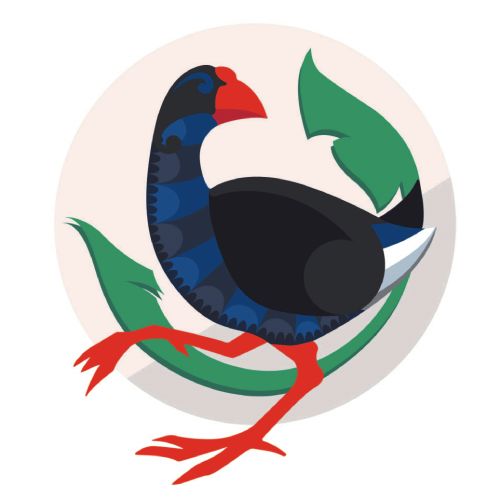Having good study skills and habits, along with a solid study plan are the most important things you can do if you want to succeed in your exams.
What follows are some things you can do, and build into your regular routines to make a difference in your academic success.





















